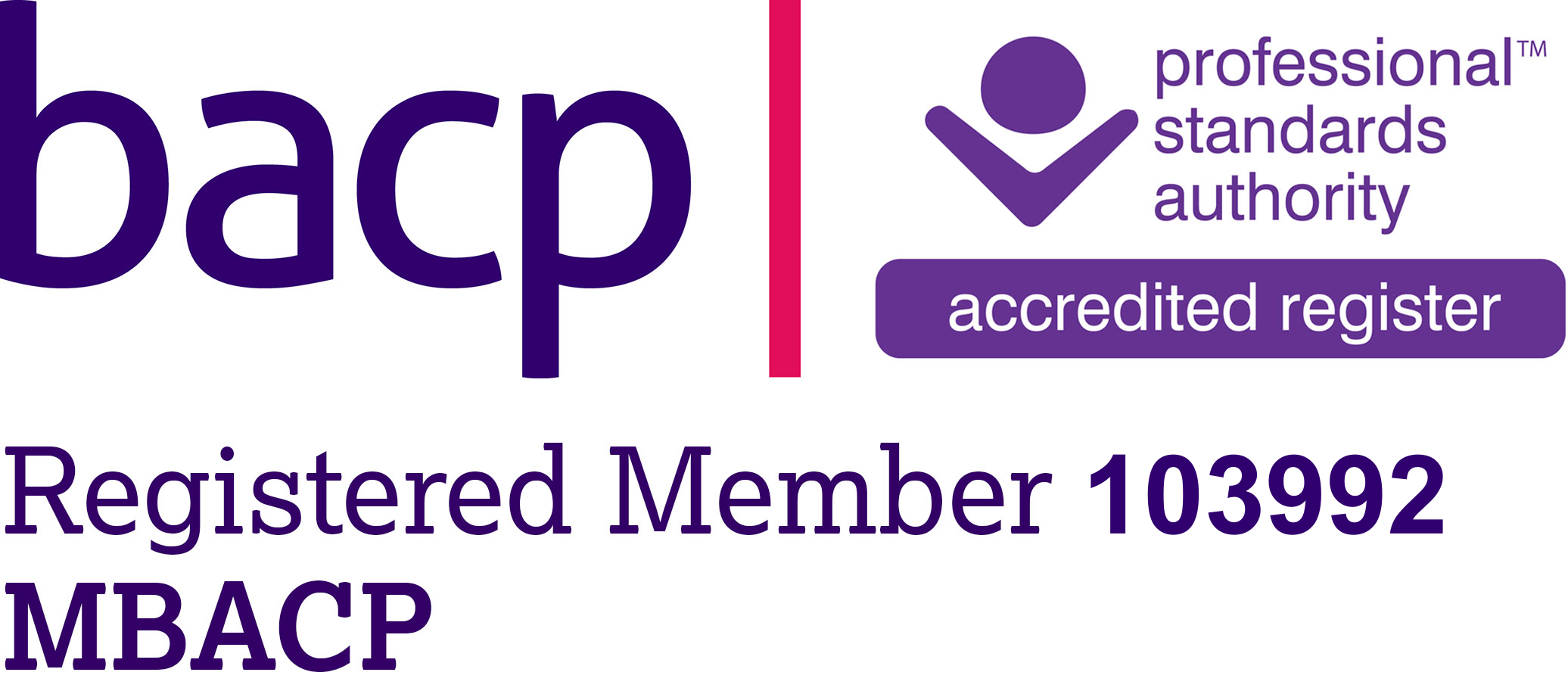The Truth About Addiction
by Samantha De Bono
Heroin use on the brain
The sad news about the death of Phillip Seymour Hoffman made me want to write this blog today because I think many people raise their eyes when they hear the words “drug overdose”.
I was sitting in a coffee shop when I overheard a couple of women talking at the next table. One said “did you hear that Phillip Seymour Hoffman died?” her friend responded with a sharp intake of breath and said “no! really? what happened to him?”. The other woman said “drug overdose…” and there it was, the lack of sympathy was palpable, like, ‘oh, it would have been sad if he had been run over or if he had a heart attack at the age of 46 leaving young children behind, but drug overdose… well, he shouldn’t have been doing it then should he. Wow! really? It’s so incredibly sad. Not just because he was a fantastically talented actor and by all accounts, a generous and lovely man, but because he was clearly in the clutches of something more powerful and alluring than his talent, than his children, than his happiness.
Addiction
The truth about drug addiction is that it’s a very complex disease that affects the brain, characterised by compulsive, at times uncontrollable, drug craving, seeking, and use, that persist no matter how devastating the consequences are, or at what cost. Addiction is also a developmental disease; that is, it usually starts in adolescence or even childhood and can last a lifetime if untreated.
Addiction and the Brain
The deep need for drugs comes from the emotional part of the brain and disrupts the brain circuits involved in memory and control over behaviour, making cravings immensely difficult to ignore. Memories of the drug experience can trigger craving as can exposure to people, places, or things associated with former drug use and stress too is a powerful trigger.
The more an addict uses, the more the addict will need to increase his intake because as a person’s reward area in the brain becomes desensitized by drugs, nothing else can compete, so food, friends and family lose their place of importance in the addicts life and the need to use becomes the priority. Ironically, eventually even the drug loses its ability deliver the highs it used to, so the addict pursues it – chasing that high, but those highs cannot be repeated in the brain, in other words, the memory of the drug has become more powerful than the drug itself.
Giving up
Many users unfortunately relapse to heroin use simply because they can’t overcome the emotional cues that come with withdrawal and their craving pulls them back to their former habits.
But remember, this is chemical impairment, it’s affecting the brain, it’s so incredibly difficult to fight it without proper help, it’s not just a case of the addict having no willpower, people who miss heroin aren’t weak or ignorant, they’re struggling with a very powerful illness.
So please, don’t judge, remember that an addict didn’t set out to become dependent on a drug. He/she is only too aware that prevention is key and that if they hadn’t started in the first place, they wouldn’t be addicted now, but nobody knows why some people can use a drug recreationally and another becomes addicted. Just be thankful it’s not you or your loved ones who are fighting this brain disease and give a little love and understanding to those that are!


